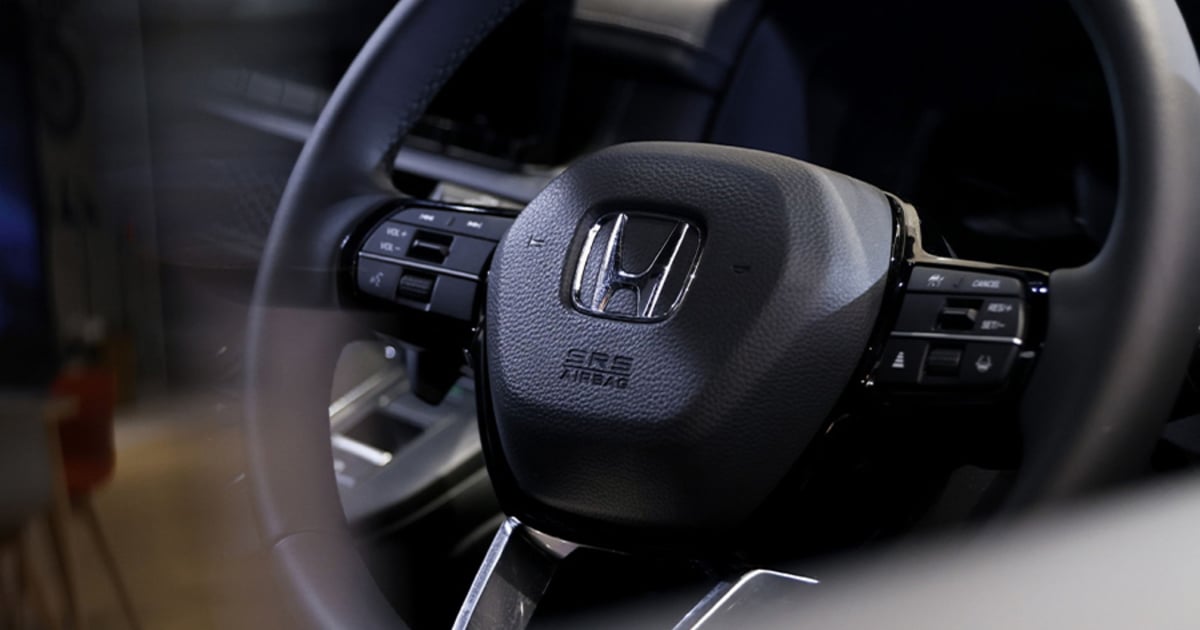
Toyota and Honda are losing loyal owners to rival brands that are further ahead in the electric vehicle transition, including Tesla, Ford and Hyundai and Chevrolet, according to a new report from S&P Global Mobility.
“Early S&P Global Mobility data suggests consumers moving to electric vehicles in 2022 are largely doing so from Toyota and Honda — brands which have been unable to keep their internal combustion owners loyal until their own brands begin to participate more significantly in the EV transition,” the data firm said Tuesday.
Sales of Toyota’s mass-market EV, the bZ4x crossover, were stopped for months shortly after its launch earlier this year due to a risk that its wheels could fall off. Honda discontinued its Clarity EV in 2020 after offering the sedan, with 89 miles of range, as lease-only in California and Oregon. Honda’s coming Prologue EV crossover is expected in 2024.
Toyota Motor Corp. and Honda Motor Co. executives have said they are accelerating EV projects after waiting for the market to mature, with Toyota chairman Akio Toyoda showing 16 future Lexus and Toyota battery electric vehicles to journalists nearly a year ago to prove the point.
EV share in the U.S. has more than doubled to 5.2 percent in the 12-month period ending Sept. 30, S&P Global said, citing registration data.
And battery-electric vehicle share in California — a traditional stronghold for Toyota and Honda — reached 16 percent through the third quarter of 2022, according to Experian. Toyota held its No. 1 spot in California so far this year, but newcomer Tesla was No. 2, Ford was No. 3 and Honda was No. 4, registration data shows.
“S&P Global Mobility conquest data for Tesla’s Model 3 and Y, Ford Mustang Mach-E, Hyundai Ioniq 5 and the Chevrolet Bolt show strong captures of buyers from the two leading Japanese brands,” the data firm said.
In the period from October 2021 to September 2022, about 15 percent of Tesla’s conquests came from Toyota and 13 percent from Honda, S&P Global said. Nearly 7 percent of Tesla’s conquests came from BMW in the same period and 6.2 percent from Mercedes-Benz.
“The top-five Model Y conquests are the Lexus RX, Honda CR-V, Toyota RAV4, Honda Odyssey and Honda Accord,” S&P Global said. “Meanwhile, the top five Model 3 conquests are the Honda Civic, Honda Accord, Toyota Camry, Toyota RAV4 and Honda CR-V.”
This is not the first time that Toyota has been conquested by Tesla. When the upstart BEV maker first introduced its Model S sedan for sale in 2012, it coincided with the peak of U.S. sales for what was then Toyota’s environmentally-leading Prius sub-brand.
At that time, almost all of Tesla’s sales were conquests of other brands, including Toyota, but the Japanese automaker’s executives told Automotive News in 2019 that the sculpted Model S had attracted a significant number of what had been Prius owners at the time, in large part because the Model S had supplanted the Prius as the leading symbol of environmentalism.
While EVs are still a relatively small percentage of the auto market compared to internal combustion vehicles, the trajectory for EVs is strong, S&P Global said.
“Evaluating EV market performance requires looking through a lower-volume lens than with traditional ICE [internal combustion engine] products,” said
Stephanie Brinley, a senior analyst at S&P Global Mobility. “But growth prospects for EV products are strong, investment is massive and the regulatory environment in the U.S. and globally suggests that these are the solution for the future.”
S&P Global predicts the number of EV nameplates will grow from 48 at present to 159 by the end of 2025. Tesla’s current 65 percent market share is expected to fall below 20 percent by 2025 as competitors roll out new models.
So far this year, Tesla has four of the top five EV models, registration data shows. Also in the top 10 are the Kia EV6, Volkswagen ID.4, Nissan Leaf and Chevrolet Bolt, according to registration data.
— Larry P. Vellequette contributed to this story.